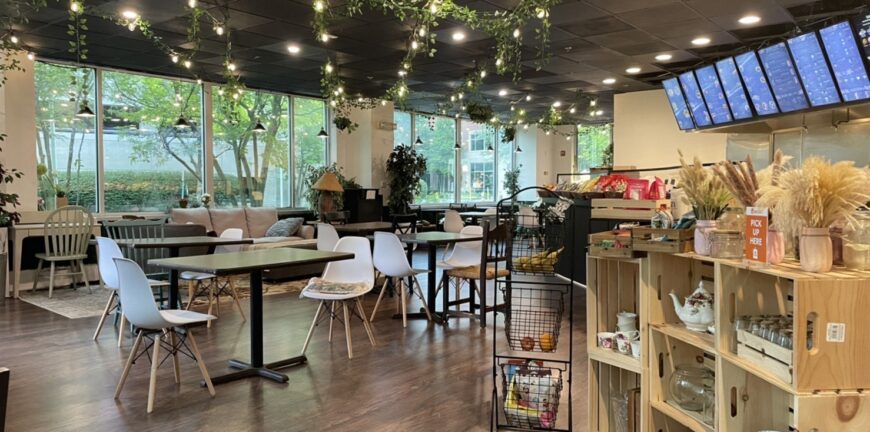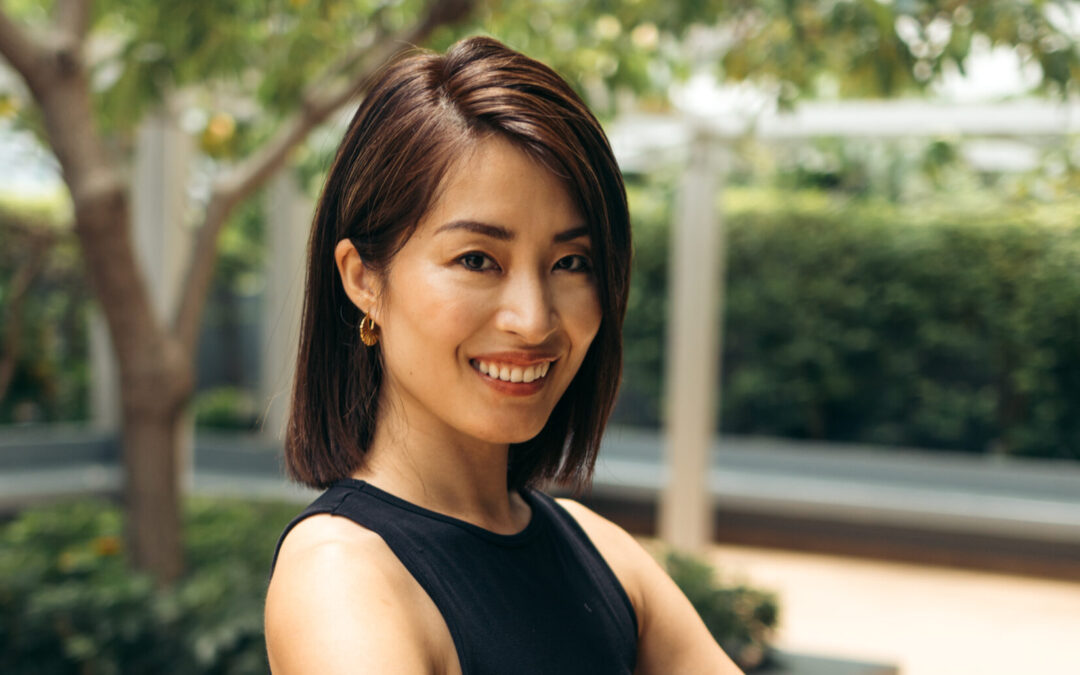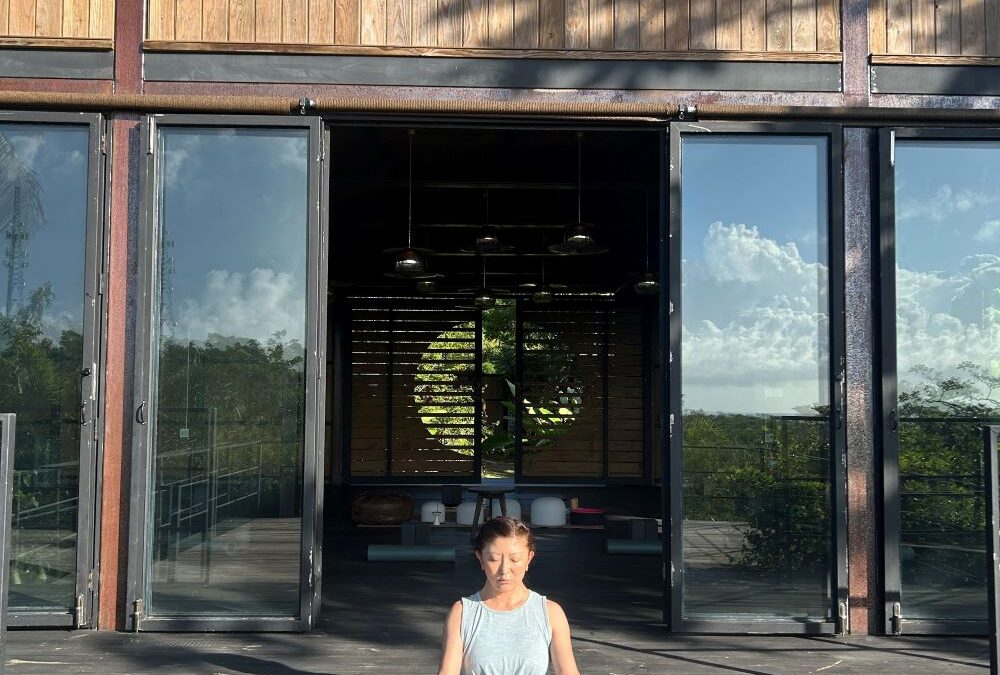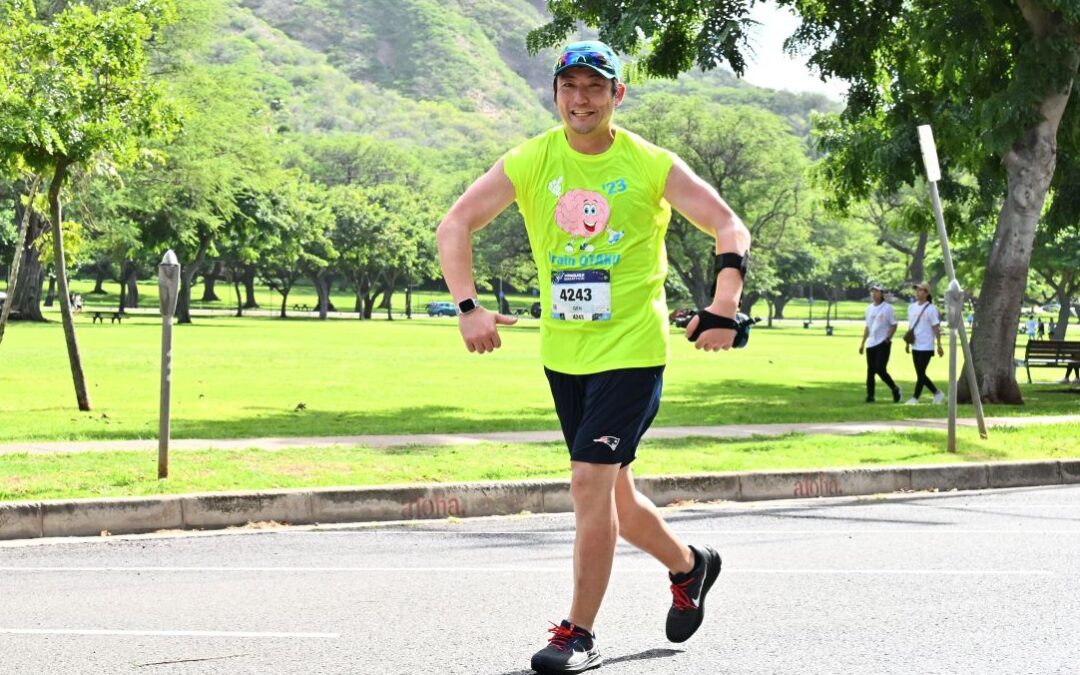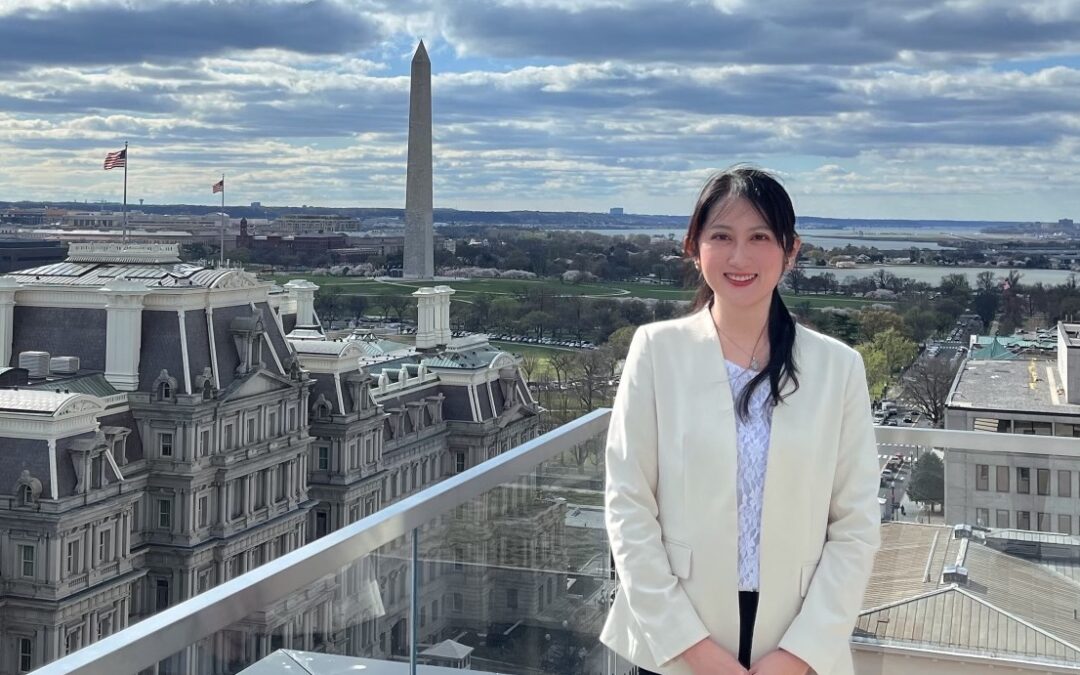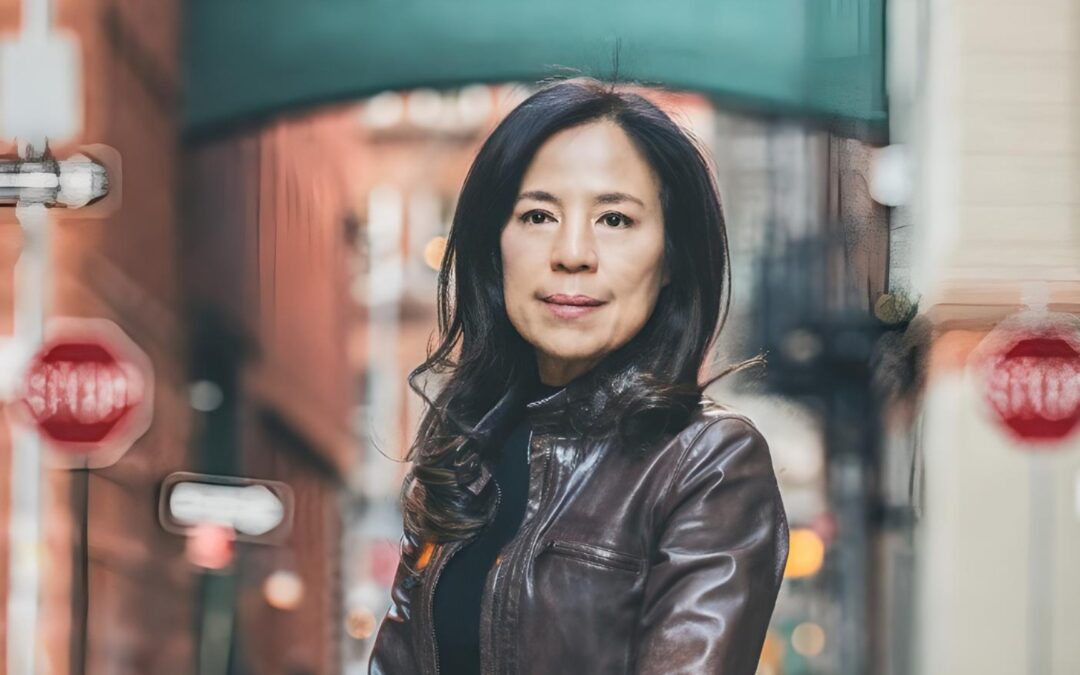The second story in "Women"s Way of Life in America" is with Y. N., who studied English at community college and is now working in a café.
1. What are you enthusiastic about working on right now?
I'm learning about coffee while working at the café. About a year-and-a-half ago, I married a foreigner and moved to America. I was a nurse in Japan, but since I wasn't able to work in America until receiving a Work Permit, I started thinking about what kind of work I wanted to do. When I was originally working as a nurse, it was my daily routine to go to a café before work and buy coffee. Even outside of work, I would go to the café on holidays to take a break. Nursing is a profession of treating people, but inside, I felt I also wanted to do a job that soothes people. Of course, I also liked coffee, so I thought I would try my hand at café work and arrived at my current job.
2. What are the fun parts of this job? And on the flip side, are there any difficult parts?
Making coffee is fun. In America, there are lots of people who ask for custom-made orders, and when I make those requests and the customer tells me, "It's so delicious!" it makes me very happy. When I get detailed feedback, I learn a lot. On the other hand, it can also be tough when there are so many custom orders. Depending on the person, they might use a lot of English expressions that are difficult to catch. Also, there are often detailed requests about the number of pumps of syrup and things like that, and if a customer doesn't like their drink, sometimes I get asked to remake it. The more custom requests there are, the more difficult it is to make a satisfying drink.
3. Is there anything about life in America that you have struggled with?
That would be English. I never studied abroad in the English-speaking world and I speak a lot of Japanese with my husband, so I haven't had many chances to use English, and it wasn't like I could speak English very well to begin with. I took Fairfax County's online English conversation classes, but there were significant level differences even within one class, it was geared toward certain age groups, and it was a rather relaxed environment, so I decided to attend Northern Virginia Community College's ESL program for one semester in order to study properly. In the Community College's ESL program, I took classes on Speaking, Writing, Listening, and Reading. In the Speaking class, I studied presentation skills, and the other classes had more academic subject matter. The number of class days was also determined from the start, and there were assignments for each class meeting that the teacher assessed, so they turned out to be fairly rigorous classes.
4. Since coming to America, have there been any events or experiences that you think caused you to grow?
After the ESL classes were over, I became more outgoing than before. I became able to meet with lots of different people at school and communicate with them, and I feel like the barrier between me and English has disappeared. America has lots of people with strong personalities compared to Japan, and I think I've come to accept those kinds of cultural differences. I've also started work, and when I get lots of tips for my polite and attentive service, I appreciate this job at an American company and I can really feel I've grown.
5. Do you have any words for Japanese women here in the U.S. who have yet to find their passion or who are anxious about taking the first step to pursue their passion?
I think it's best not to think too much about "can" and "can't" Something more like, "I might as well try and see!" (Laughter.) It's easy to blame yourself when you make a mistake, but the only one worried about it is you, and I don't think other people mind that much. In America, when you worry what other people think, you get caught up in their pace and things don't go the way you want them to, so it's best not to worry about it. Then, when you throw away those fixed expectations, I think your own potential can grow.
Living in Japan, parents put off their own needs to raise their children, which is their responsibility as parents, and to a certain extent they have to wait for or give up on the things they want to do. I feel that, depending on age, a lot of people still have that kind of viewpoint. Honestly, I also hesitated about going to school at my age. While my friends in Japan are married and having kids and building families, I wondered whether it was OK for me to use my time going to school to realize my own dreams, even though I'm married. "he notion of the way you should be at your age" that exists in Japanese culture was always there in a corner of my brain. I think this was my own fixed expectation.
In that same vein, I met people taking the ESL class who came to America with three kids and were aiming to continue their education on to university, and while I thought that was truly amazing, I also felt embarrassed about the fixed expectations I held. I think there are a lot of people in America who think that understanding how you want to live your own life is important. In this country, the way of thinking that dictates "how you should be" that I believed in while I was in Japan is not very [evident], and so I found an environment where I could always follow my own dreams. I came to believe that thinking I couldn't do something because I was too old, or limiting my own potential and the breadth of my life, was so wasteful!
Also, when I was stressed or felt things were hard in my day-to-day life, I was sure to meet up with Japanese friends and chat to refresh my feelings. When Japanese people with Japanese sensibilities listen to my stories, I feel like I can get my true feelings out.
6. Do you have any goals for the future?
Now, I'm thinking I want to get qualified to be a barista. Outside of work, I want to actively participate in opportunities to get to know people from other cultures. I think America is one of those places where there are lots of people from different cultures. I want to learn more about American culture and society by interacting with all those people. Also, if the day comes that I think I want to return to being a nurse, I think it might be good to work toward becoming a nurse in America.
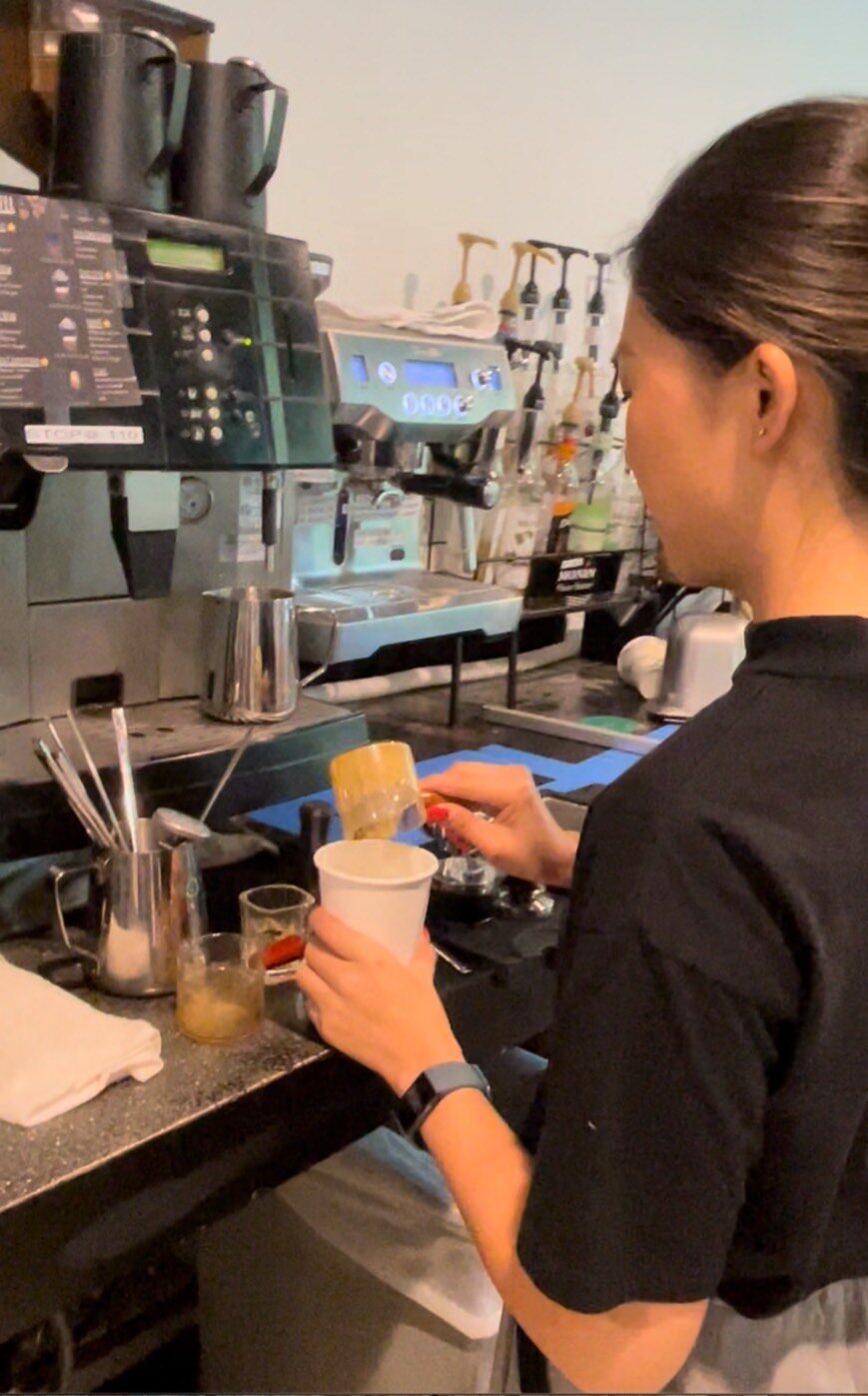
★ Café link
Cozy District Cafe – Coziest Cafe in Northern VA
★ Interviewer's note
Y. N. is one of my friends. The reason I asked her to give an interview was because she had very recently come to America and because she had no experience studying abroad and did not feel confident in her English. I think that, among people who have recently come to America, many of them feel a great anxiety about living in another country. Furthermore, I think there are many people who don’t have confidence in their English and can’t take any steps forward or figure out what to do. With regards to those people, I thought maybe reading her interview could become encouragement for them to start thinking, "Maybe I can try that, too." Also, she changed careers from the job she had in Japan. I think there must have been great complications with that, and she must have thought a lot about how she wanted to live her life. If there is anyone who is worried they would have to leave their job to come to America, I think it would be good if they saw this as a reason to self-reflect positively without feeling bound to the past.

